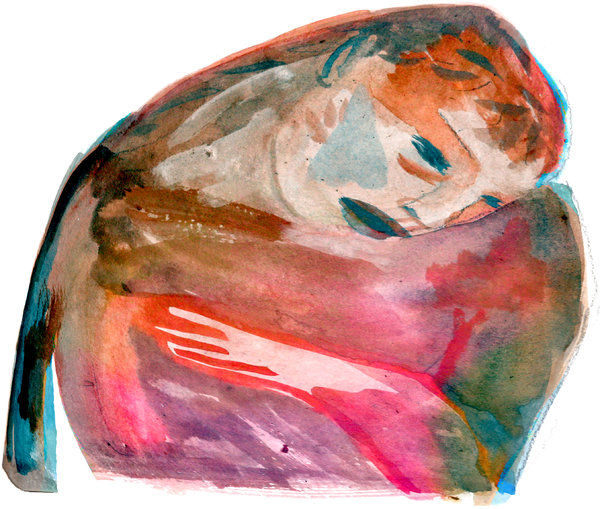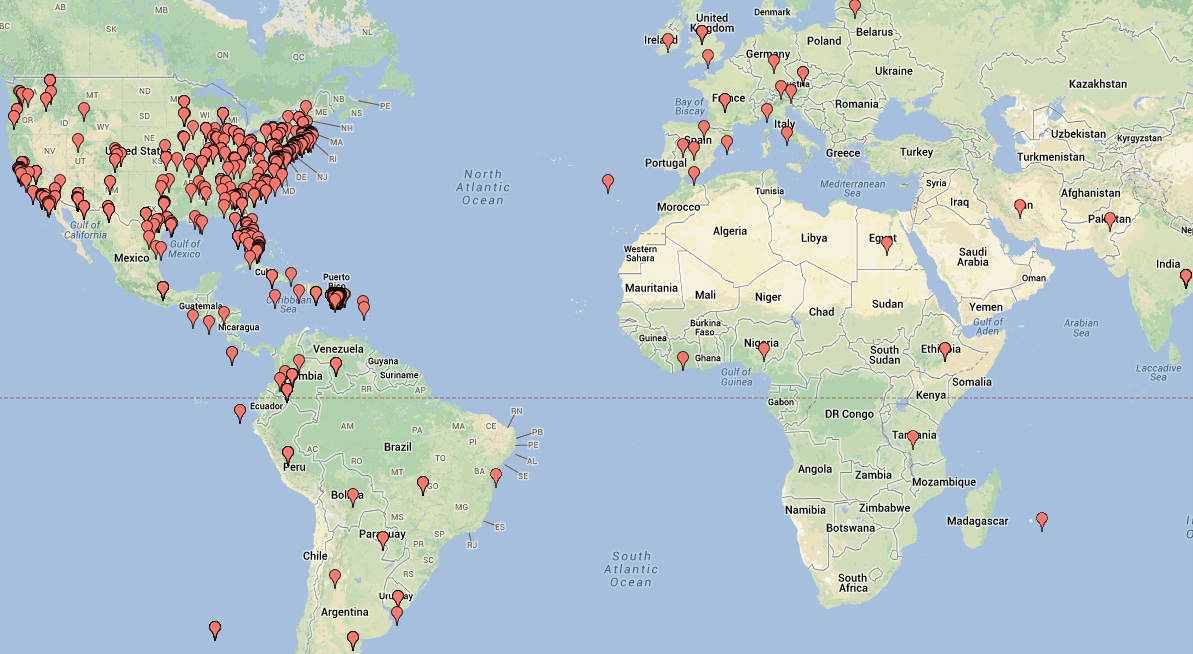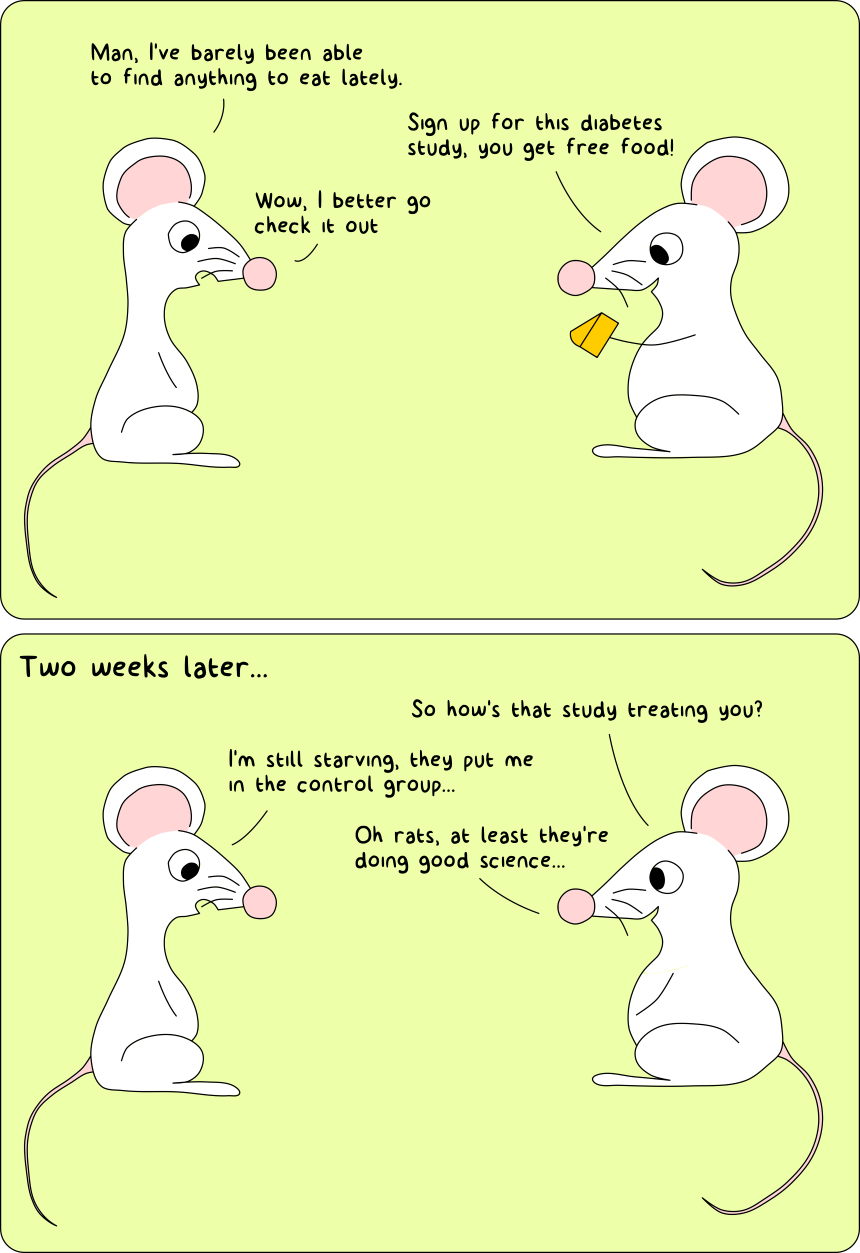
Multi-Year Study Demonstrates Effectiveness of HPV Vaccine
A team of researchers across multiple institutions has conducted a four-year study which illuminates the benefits of the HPV vaccine. The study’s key finding revealed a significant decrease in precancerous lesions among women who received the vaccine.





